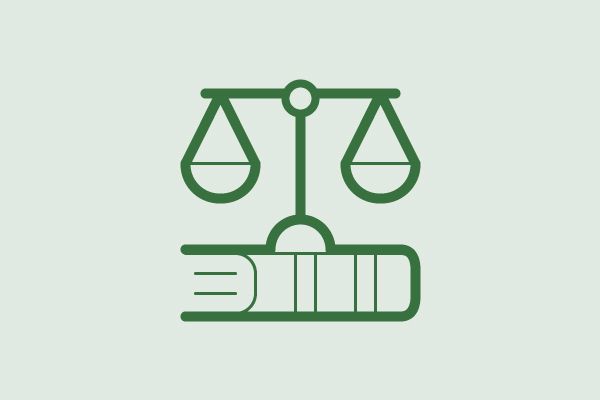Chemicals Act (ChemG 1996)

The aim of this Federal Law is the precautionary protection of the life and health of humans and of the environment from harmful effects that may arise from the manufacture, placing on the market, acquisition, use or waste treatment of substances, mixtures or products.
New
Austrian law has been harmonised with EU legislation in the area of chemicals law:
- Details on the amendment of the Chemicals Act by Federal Law Gazette I No 140/2020(RIS) (in German only)
- Chemicals Act 1996, consolidated version (RIS) (in German only)
Federal Law Gazette I No 53/1997, as amended by the federal law of Federal Law Gazette I No 44/2018 (no longer the latest version):
According to the Chemicals Act 1996 (ChemG 1996) those responsible for the supply of chemicals are obliged to meet important product monitoring and information requirements. It is stipulated that hazardous chemicals may only be supplied with the appropriate labelling, even if no special restrictions have to be observed. The labelling must indicate all hazardous properties and the handling of the chemicals by means of hazard pictograms (symbols) and standardised written information. On the basis of the ChemG 1996, certain applications of chemical substances or mixtures are also restricted or completely prohibited.
For the supply of poisons (chemicals that fulfil the criteria of section 35 ChemG 1996), a corresponding business licence is required in Austria. Such "toxic" substances and mixtures may also only be supplied to persons who have a special authorisation (or certificate). The prerequisite for obtaining such an authorisation (or a certificate) is proof of relevant training, including a certificate of knowledge of first aid.
In addition to the ChemG 1996, essential obligations that must be observed when manufacturing, placing on the market and using chemicals can be found above all in the directly applicable EU regulations on chemicals, such as the so-called REACH Regulation, the Regulation on classification, labelling and packaging of substances and mixtures (CLP Regulation), the so-called Detergents Regulation, the Regulation concerning the export and import of hazardous chemicals, the Regulation on persistent organic pollutants or the Regulation on substances that deplete the ozone layer. Compliance with these EU regulations is mandatory in all EU Member States. In Austria, compliance with the provisions contained in these regulations is monitored by the chemicals inspectorates (“Chemikalieninspektorate”) in the Federal Provinces in analogy to the provisions of the Chemicals Act.
Technical information on chemicals is mainly collected by the Umweltbundesamt GmbH in Austria. The Federal Ministry is responsible for monitoring laboratories in which chemicals are analysed. Companies are monitored by the so-called "chemicals inspectors" (“Chemikalieninspektoren”) of the Federal Provinces.
Violations of the ChemG 1996 can be reported as administrative offences and may lead to the imposition of fines of up to Euro 20,180 (Euro 40,375 in the event of a repeat offence).